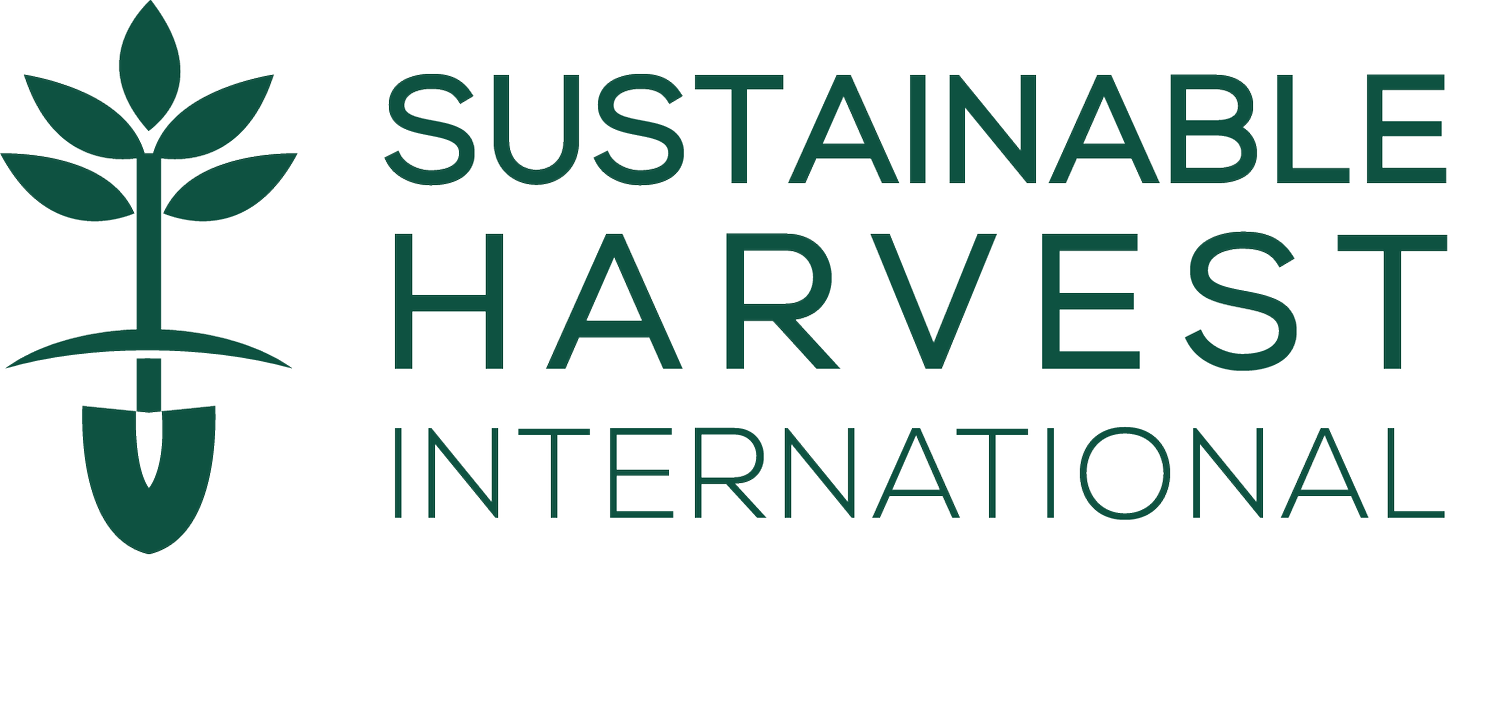By Elliott Powell, Field Program Director
OTOXHA
It was a sunny morning in Otoxha, Belize, and the heat was already intense—the kind of heat that makes you squint your eyes. Though it was well before noon, I could already feel my neck crisping in the sun.
I sought refuge for my oversized (and pale) frame under the shade farmers Alberto and Filberta had built to shelter their cucumber and tomato seedlings. Crouching under the palm leaves, I listened to Alberto detail the problems he and Filberta were having with wee-wee ants (also known as leafcutter ants).
I wasn’t alone under the palms—beside me were Candido (Belize Field Coordinator), Claudia (Honduras Country Director), and Rodrigo (Panama Country Director). Among the four of us, Alberto certainly had a captive audience.
Held every April in a rotating location, our annual All Directors meeting is a weeklong event that brings together senior managers from each field program, along with a couple others (including myself). The week is packed solid with meetings about upcoming projects and various program needs. The principle goal of this meeting is the always-unromantic yet important, dance-like give-and-take of creating budgets for the upcoming fiscal year.
Our trip down the bumpy dirt road to the Kekchi Mayan village of Otoxha deep in the remote jungles of southwestern Belize was designed to set the tone for the meeting and to put the focus on the farming families (like Alberto and Filberta) that we work to support.
Alberto shares the threat to his garden posed by leafcutter ants - photo by Renée Johnson
NEW TRICKS
Alberto is a young, reserved Kekchi Mayan farmer. He and his partner, Filberta, (who stayed close but understandably never left the shaded protection of her home made of wooden boards and thatched roof) are one of the 115 families who currently partner with us in Belize. They’ve been working with us since 2015.
The vegetable garden Alberto and Filberta started with their field trainer, Julian, was intended to be for their family’s subsistence. Much to their dismay, wee-wee ants were wreaking havoc on the tender green leaves of their vegetable plants.
A lively conversation in English, Kekchi Mayan, and Spanish ensued—each person sharing stories of their attempts to control the wee-wee ant in their respective countries. There was lots of talk of previous attempts. Claudia explained how the team in Honduras had tried numerous recipes containing an ever-changing amount of garlic, chilies, and lemons (and often a surprise ingredient here and there). Rodrigo noted how wee-wee ants are not particularly territorial and if faced with the smell of an unrelated colony, they will usually pack up and move out. Bringing in even just a few handfuls of dirt from a distant colony can be enough to make the current ants abandon their home.
Leafcutter ants spark an open exchange in Otoxha, Belize - photo by Renée Johnson
While no silver bullet seems to exist for these pesky ants’ overnight destruction, the conversation brought a smile to my face. It even precipitated a few new tricks for participants Alberto and Filberta to try with their field trainer, Julian.
Although beads of sweat were running down my forehead and my jeans were clinging to my legs, something struck me in that garden. I was witnessing something magic: the beauty of so much experience and knowledge being transferred across cultural, linguistic, and political boundaries.
OPEN EXCHANGE—THE HEART OF THE MATTER
That hot morning of cross-program collaboration in Otoxha portended a week of open and honest exchange between each country program and our central office in the US. In my role as Field Program Director, I try hard to create avenues for these types of interaction, yet due to logistics and tight budgets, they don’t occur as often as they should.
While there are many differences between each of our field programs, our dedication to working with smallholder farmers to preserve tropical forests strongly unifies us. I never cease to be amazed at the level of productivity we can achieve when we remain mission-driven, as we were in Alberto’s garden that morning.
Field Trainer Julian Pop and Executive Director Renée Johnson in Otoxha - photo by Rodrigo E. Rodríguez
Just as we discussed lessons learned from experimenting with different natural pesticides to protect against wee-wee ants, so too, we discussed lessons learned from budgets, participant projections, and field positions. I came away from the All Directors Meeting feeling enthused about a number of projects and progress we made, but the real takeaway for me was the open exchange of thoughts and ideas between counterparts and across the organization.
We’ve come a long way since we started out of President and Founder Florence Reed’s parents' home in 1997 with only a few thousand bucks in our bank account (read more about that here). We’ve grown in staff, program size, budget, and most importantly, our impact. For us to continue to deepen our impact on farmers and the communities where we work, collaboration and exchange have to be at the center of everything we do. Each new challenge ahead—whether the size of a wee-wee ant or a mountain—will take the combined effort of everyone involved to face it.




